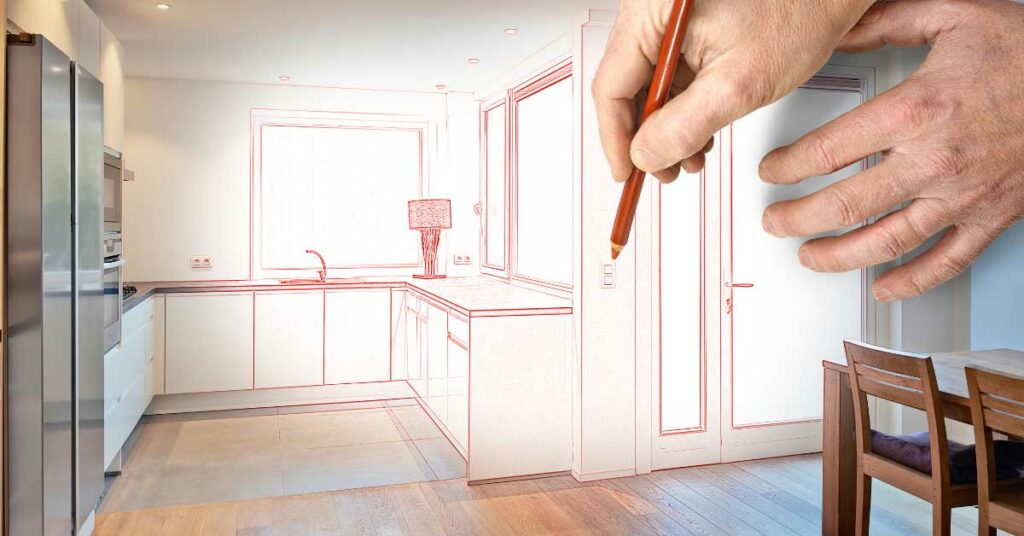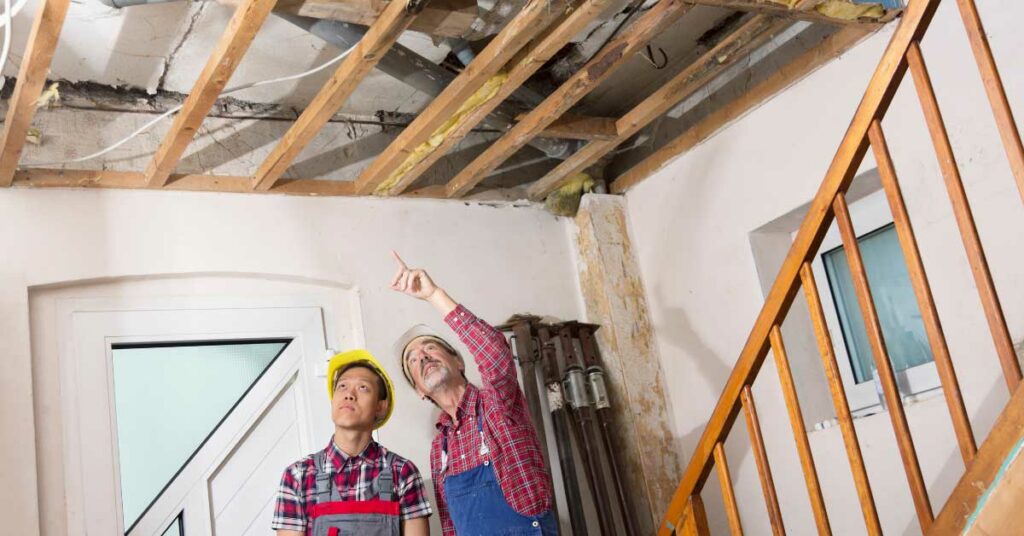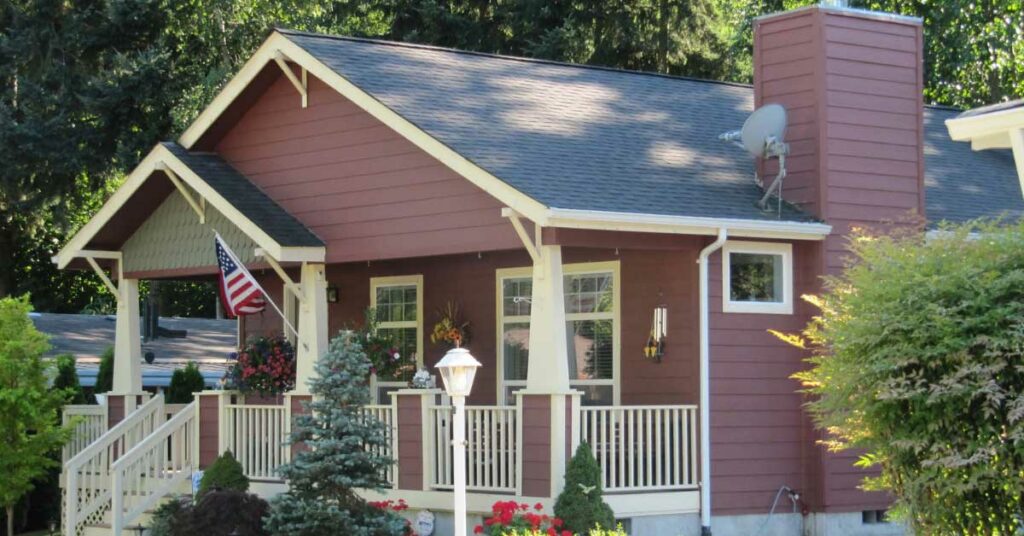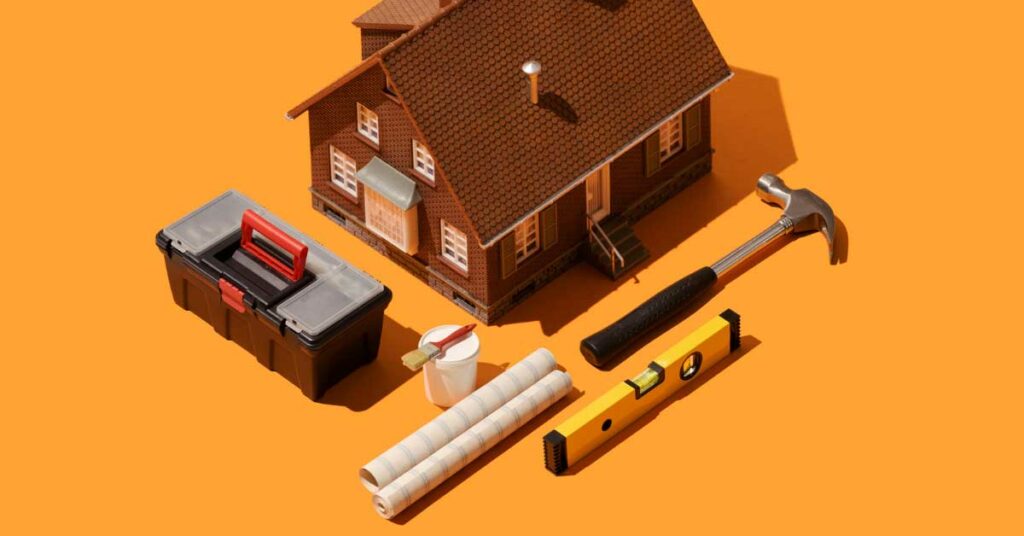The Role of Manufactured Homes in Mitigating the Impact of Aging Housing Stock
What is the role of manufactured homes in today’s society? The housing market in the United States is facing a significant challenge: an aging housing stock.
Many of the homes in the US are outdated, inefficient, and, in some cases, unsafe.
Manufactured homes offer a viable solution to this growing problem. In this article, we’ll explore the role that manufactured homes can play in rejuvenating the US—housing market.

Understanding the Problem: Aging Housing Stock
The U.S. Census Bureau reports that over 60% of American homes were built before 1980.
These older homes often lack modern safety features, have outdated infrastructure, and are less energy-efficient. They’re more expensive to heat, cool, and maintain, and in many cases, they require significant repairs or renovations to be suitable for modern living.
Moreover, the aging housing stock isn’t just a financial concern.
Older homes often contain hazardous materials like asbestos and lead, posing health risks to inhabitants. These issues are particularly prevalent in low-income neighborhoods, where residents often lack the resources to make necessary repairs or upgrades.

The Manufactured Home Solution
Manufactured homes offer a viable, affordable solution to the aging housing stock problem.
They’re built-in factories to federal HUD Code regulations, ensuring safety, quality, and energy efficiency. Modern manufactured homes are designed to be durable and energy-efficient, with many models featuring amenities like Energy Star-rated appliances and high-quality insulation.
In addition, manufactured homes can be produced quickly and at scale. They can be constructed in a matter of weeks, compared to several months (or longer) for a site-built home.
This speed and scalability can help rapidly replace aging homes with safer, more efficient alternatives.
Economic Implications
By replacing older homes with manufactured homes, communities can improve their residents’ living conditions while also stimulating local economies.
Manufactured home production and installation create jobs, and the increased energy efficiency of these homes can reduce energy costs for residents, leaving more money in their pockets to spend locally.
Moreover, improved housing conditions can lead to increases in property values, generating higher property tax revenues for local governments.

The Environmental Angle
Older homes are not only costly and potentially hazardous to live in, but they’re also harmful to the environment. They consume more energy for heating and cooling due to poor insulation and old, inefficient heating and cooling systems.
By replacing these homes with modern, energy-efficient manufactured homes, we can significantly reduce our carbon footprint. Many manufactured homes are built with sustainability in mind, using environmentally friendly materials and processes.
Overcoming Barriers
While the benefits of replacing aging homes with manufactured homes are clear, there are still challenges to overcome.
Financing can be a barrier, as traditional mortgages are not always available for manufactured homes.
However, there are growing options for financing these homes, including personal property loans and FHA-insured loans.
Zoning regulations also present challenges. Some communities have restrictions on where manufactured homes can be placed.
However, some states have passed laws to prevent discrimination against manufactured housing, and there’s a growing awareness of the need for zoning reform to increase affordable housing options.

Final Thoughts
The U.S. has a significant problem with aging housing stock.
These older homes are not only a financial burden for many homeowners due to their high maintenance and energy costs, but they also present health risks and contribute to environmental damage.
Manufactured homes offer a practical, affordable solution to this problem. By replacing aging homes with modern, efficient manufactured homes, we can improve living conditions, stimulate local economies, and reduce our environmental impact.
However, to realize this potential, we need to overcome barriers related to financing and zoning.
With growing awareness of the benefits of manufactured housing and increasing options for financing, the future looks bright for manufactured homes to play a critical role in rejuvenating our nation’s aging housing stock.
About the Author
Anequim is your strategic partner in the Manufactured Homes Community sector, providing skilled, bilingual virtual assistants that cater to MHC owners, investors, Property Managers, and Property Management companies.
With specialized services ranging from leasing calls to property maintenance coordination, accounting, and more, Anequim’s comprehensive approach is uniquely designed to support the varied needs of the MHC industry. Their dedicated team expertly handles recruitment, learning and development, performance management, and creating tailored solutions that drive efficiency and success in your community.
Visit Anequim today to discover how their Remote Professionals can enhance your operations and investment in the Manufactured Homes Community.
